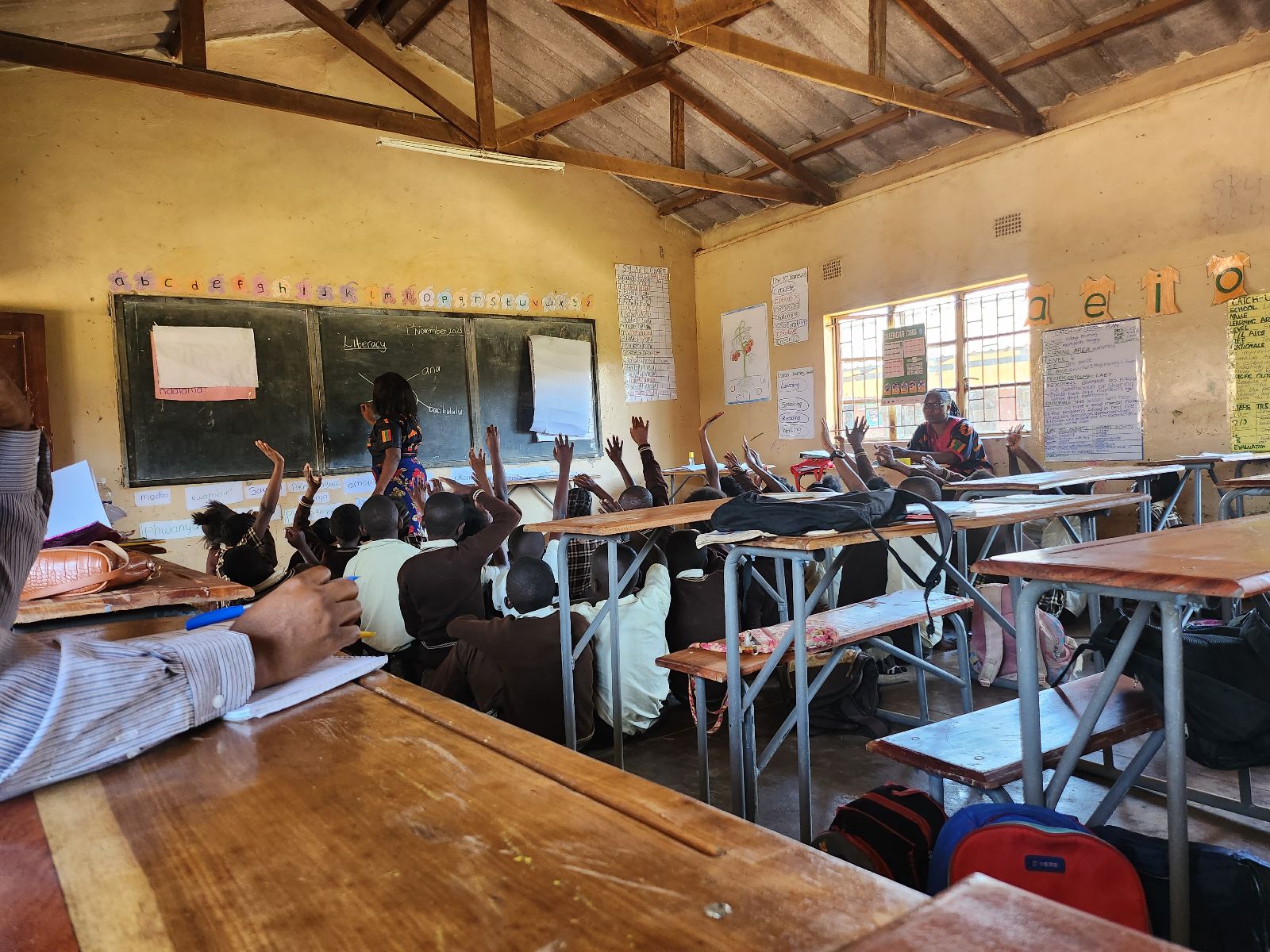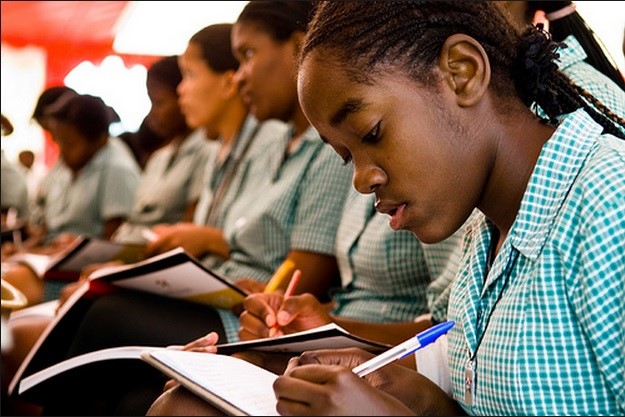We are excited to announce that Brink is now part of Africa Practice. Learn more
Making school feeding work

Across Africa, school feeding programmes have emerged as central pillars of education systems. From increasing pupil enrollment to supporting smallholder farmers through local procurement, their value is clear. And yet, beneath their growing prominence lies structural vulnerability: without policy and formal engagement frameworks in place, these programmes are at risk.
School feeding programmes can make a difference. They enhance the learning experience, reduce hunger, support local food systems, and often serve as a platform for the provision of health services.
They reach from the classroom to the farm, benefiting students, parents, farmers, and communities. However, the complete potential of these programmes is consistently hobbled—not by lack of will or capacity—but by a lack of well-defined policy and funding mechanisms.
A sustained policy anchors programming: it gives clarity about who does what, how funds are mobilised and expended, and how results are tracked. Putting such structures in place can help to balance national, county, donor, and private sector roles, so that each contributes its part to a system built to last.
What we learned from Kenya’s model
Kenya’s two-tier school feeding model is a perfect example of both the promise and the perils of planning without full policy backing. Devolved counties handle Early Childhood Development and Education (ECDE) centres, while the national government handles primary and tertiary levels. Both, however, struggle with perpetual funding difficulties. Counties are mainly dependent on irregular national government allocations, while the national government is limited by wider fiscal pressures. In this environment, individual relationships matter more than government commitment.
These realities underscore the case for systemic policy: one that makes sense of national-county government roles, specifies streams of funding, and allows communities to take up and maintain interventions over the long term. Without it, programmes will continue to rely on relationships more than on systems, and that means they remain susceptible to shifts in the political landscape.

How to make change stick
Embedding school feeding in national policy allows:
- Transparency and trust between partners, government, and communities
- Favourable funding sources that are less susceptible to political change
- Greater community ownership through grassroots participation and parental engagement
- Integrated delivery of services like health and agriculture, which maximises impact
When governments and donors aim to institutionalise school feeding, the following considerations should guide them:
- Well-defined goals and objectives, and roles and responsibilities across government levels
- Sustainable funding modalities
- Clear path to operationalisation and operational ownership
- Transparent and accountable public-private partnerships that protect the programmes’ integrity during political transitions
- Space for ownership at the community level
In addition, monitoring nutrition impact, school retention, and local economy linkages will require information systems that will be critical to measuring progress and strengthening delivery.
At Africa Practice, we work at the intersection of policy, data, and community insight to help governments, development actors, and the private sector design and implement sustainable interventions such as school feeding programmes. We help shape the enabling environments on which these programmes rely to thrive, enabling evidence-based decision-making, improving stakeholder alignment, and shaping engagement frameworks that last. Whether it involves navigating challenging political economies, building inclusive partnerships, or generating insights to drive scale-up, we bring deep local knowledge and systems thinking to every engagement.
Proud to be BCorp. We are part of the global movement for an inclusive, equitable, and regenerative economic system. Learn more


